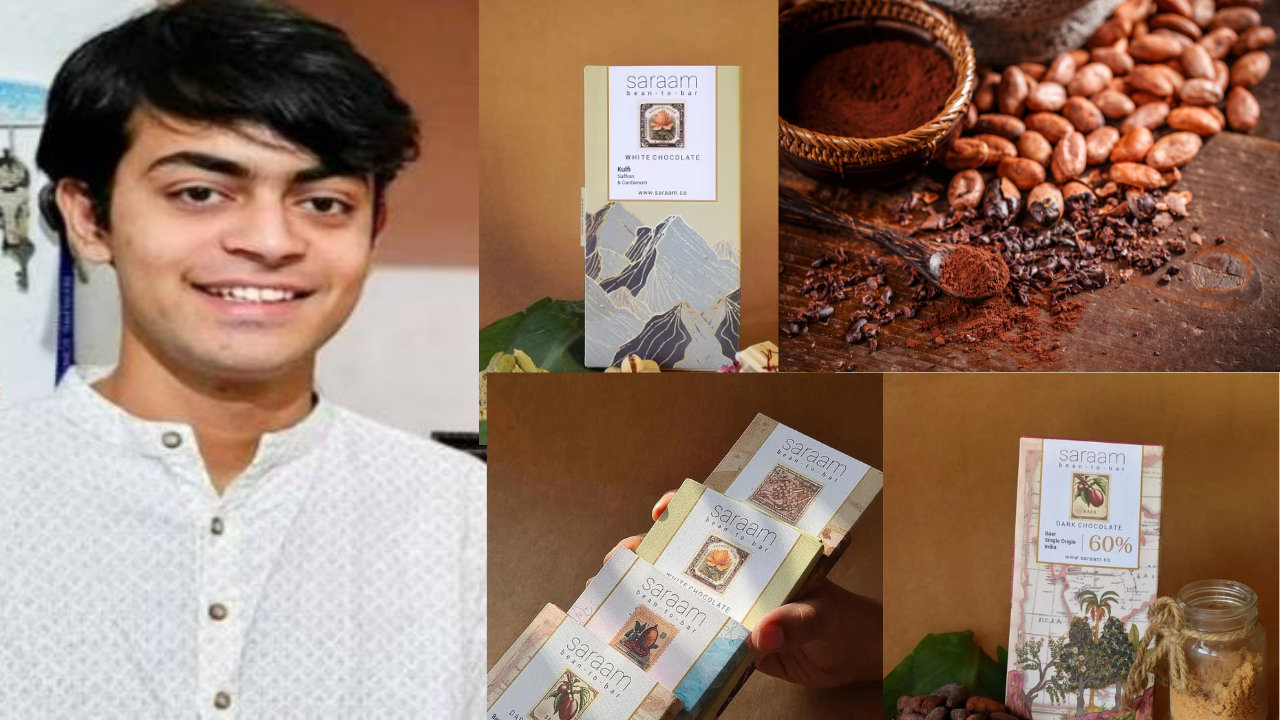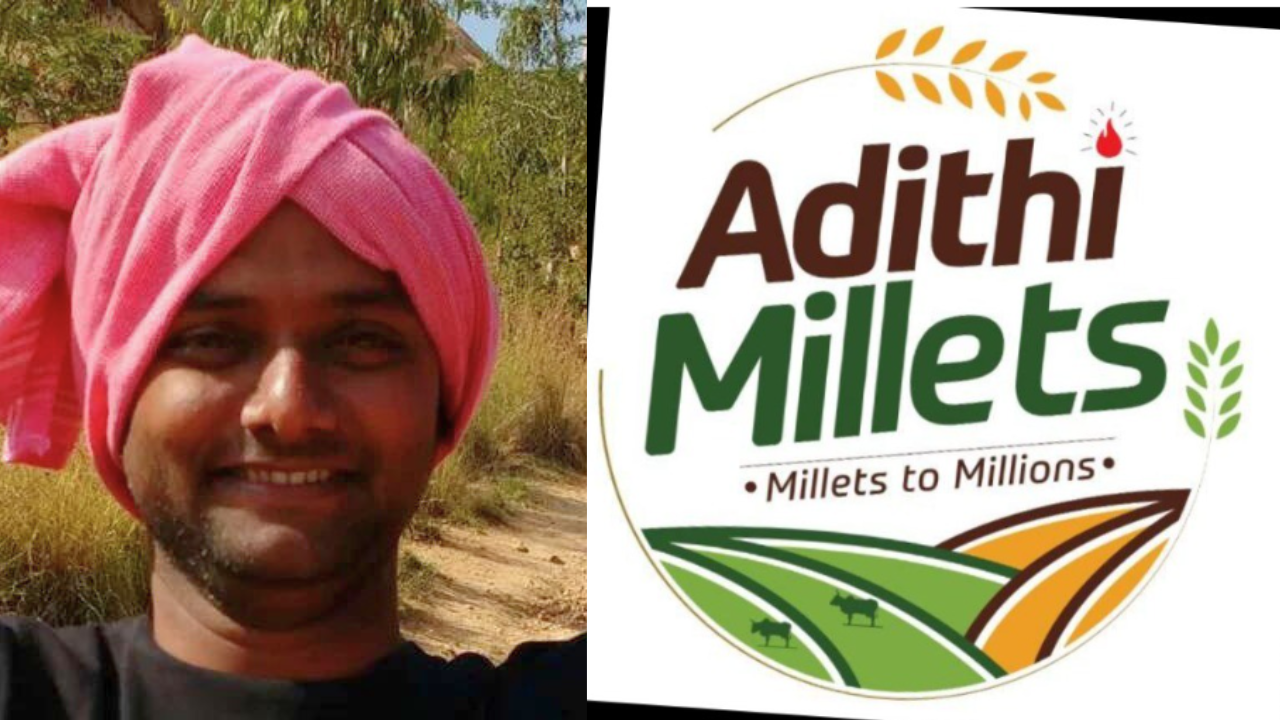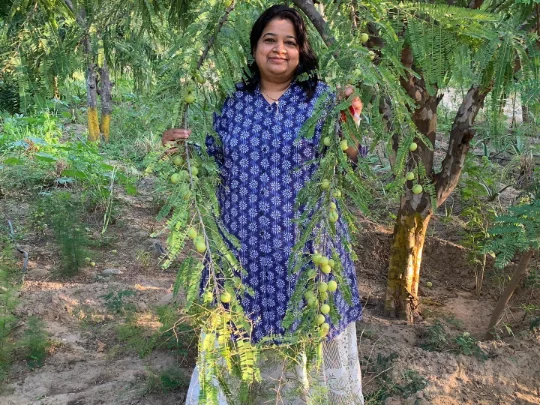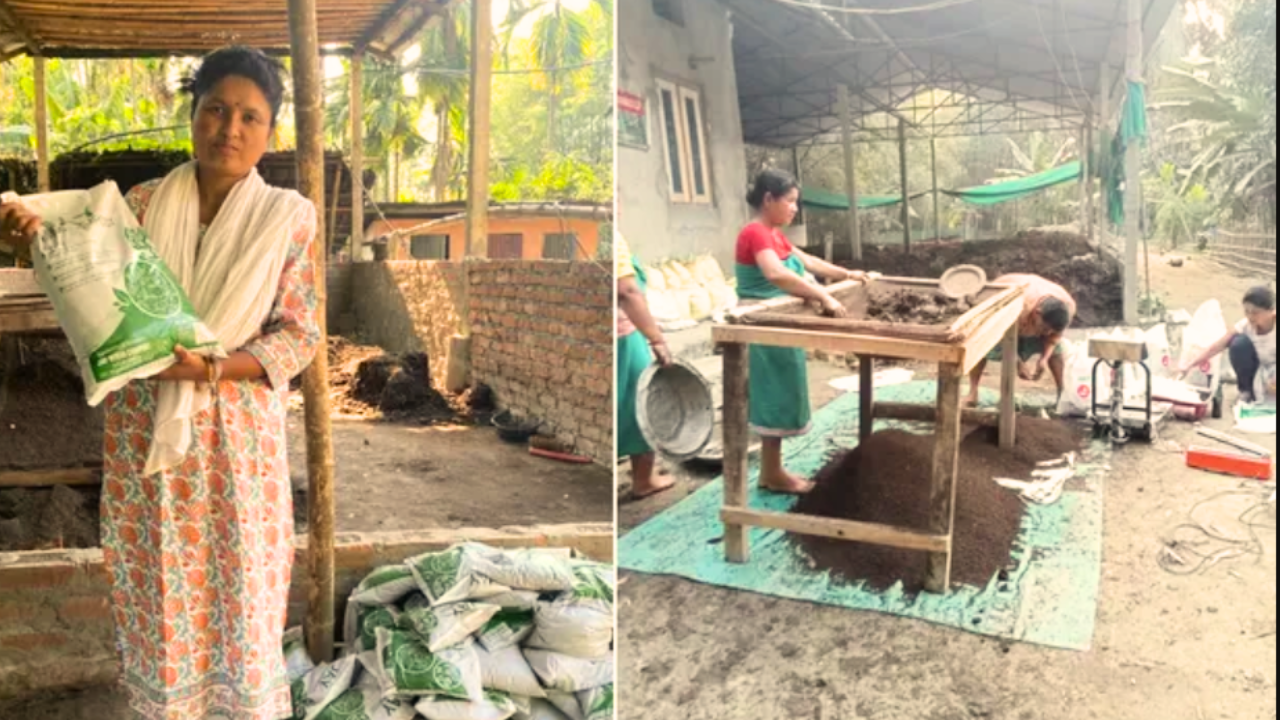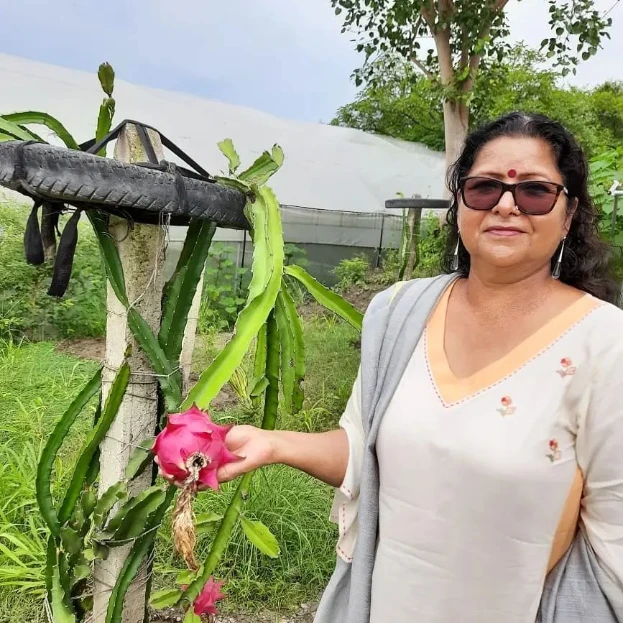Growing up near a farm, Amanpreet Singh always had a strong interest in agriculture and dairy farming. However, he wasn’t sure how to turn this passion into a career, so he followed his family’s wishes and pursued a degree in engineering.
After completing his studies in electrical and electronics engineering at Rajasthan Technical University in 2012, Amanpreet decided to pursue his true passion. He owned a 50-acre farmland back in his hometown Kota and wanted to use it for dairy farming.
To get started, he took a dairy science course from the National Dairy Research Institute (NDRI) in 2014. He gained experience by working at well-known companies like Mother Dairy, Amul, and Nestle. He also went the extra mile by taking a dairy automation course at Tel Aviv University in Israel in 2015.
“In late 2015, I returned home. With the assistance of a milk company from Israel, we set up a dairy farm on our land. We began by offering milk subscriptions,” Amanpreet explains.
In 2016, Amanpreet, along with his brothers Uttam Jyot and Gaganpreet, founded Gau Organics. They purchased 27 cows and started by providing milk subscriptions. Later on, they expanded their offerings to include value-added products such as ghee, butter, organic jaggery, honey, sweets, and more. They even ventured into selling cow dung cakes and manure, while also training other farmers in these practices.
One interesting aspect of Amanpreet’s farm is that they are able to fulfill 70% of their electricity needs independently. We had a conversation with the 32-year-old to delve into the details of how they achieve this.
Amanpreet recognized early on that relying solely on milk wouldn’t be sustainable, so they diversified into creating value-added products. “One of the major challenges faced by dairy farmers is depending solely on milk for income. A cow only produces milk after a nine-month pregnancy. She’s not a machine. If she’s not feeling well, the quality of milk will suffer. All of these factors need to be considered.”
Additionally, Amanpreet noticed the excess waste produced by their livestock. To address this, they started selling cow dung cakes and manure on Amazon, alongside their other products. “We listed cow dung and vermicompost manure on Amazon in 2018. Sales didn’t really pick up until 2020, when the lockdown was implemented. With more people taking up gardening at home, sellers like us experienced an increase in demand.”
As their sales started to improve, Amanpreet also began teaching fellow farmers how to sell cow dung cakes and manure.
“These farmers relied solely on milk sales and weren’t earning a good income from it. So, we began training them on how to use cow excreta to make high-quality manure that they could sell. We provided training to over 55 farmers, most of whom were women,” Amanpreet explains.
“Our aim was to help these farmers earn a daily income by selling cow dung cakes and manure. Female farmers could make around Rs 200-300 per day just by working from home,” he adds.
As they collaborated with more farmers and their livestock numbers grew to 250, they had a substantial amount of cow dung available. This prompted them to explore ways to become self-sufficient in terms of electricity. Amanpreet took the initiative to build two biogas plants with a capacity of 40 kW each.
They collect cow dung and urine, which is then directed to the biogas plant’s digester. This process converts these materials into electricity, covering nearly 70% of their electricity needs. Amanpreet proudly states that this has led to savings of over Rs 2 lakh per month on their electricity bills.
“We’re generating a significant 80 kW of power through our biogas plants. We only need to purchase 30% of our electricity from the state government. We’ve successfully been operating this system for seven years. The leftover slurry is also collected and utilized as organic manure in our fields.”
The farm has also incorporated rainwater harvesting systems and a 60 kW solar power plant.
According to Amanpreet, the star product of their farm is Bilona ghee. He shares, “To me, no other ghee compares to the one my grandmother used to make. I wanted to take her recipe and bring it to a larger scale. So, I learned the recipe from my maternal grandmother. It took me over a year to adapt it for commercial production.”
They also established a physical store in 2018, and according to Amanpreet, their products are shipped to various places including South Africa, Dubai, Qatar, and Saudi Arabia. This brings in an annual revenue of around Rs 8 crore.
However, Amanpreet acknowledges the challenges in finding skilled workers for their endeavors. He points out, “Farmers aren’t often celebrated. If someone with an engineering background chooses a career in marketing, they’re applauded. But if they opt for farming, society doesn’t give the same recognition. It took me four months to convince my family about this path. We mustn’t underestimate the importance of food science and farmers. Understanding nutrition and reading product labels can help prevent hefty medical bills.”
He envisions creating a cooperative for organic brands like theirs. Amanpreet shares his vision, saying, “Similar to the Gujarat Milk Marketing Federation (Amul), my goal is to establish a cooperative focused on organic and natural foods. This cooperative would work to provide nourishment for the entire country.”


